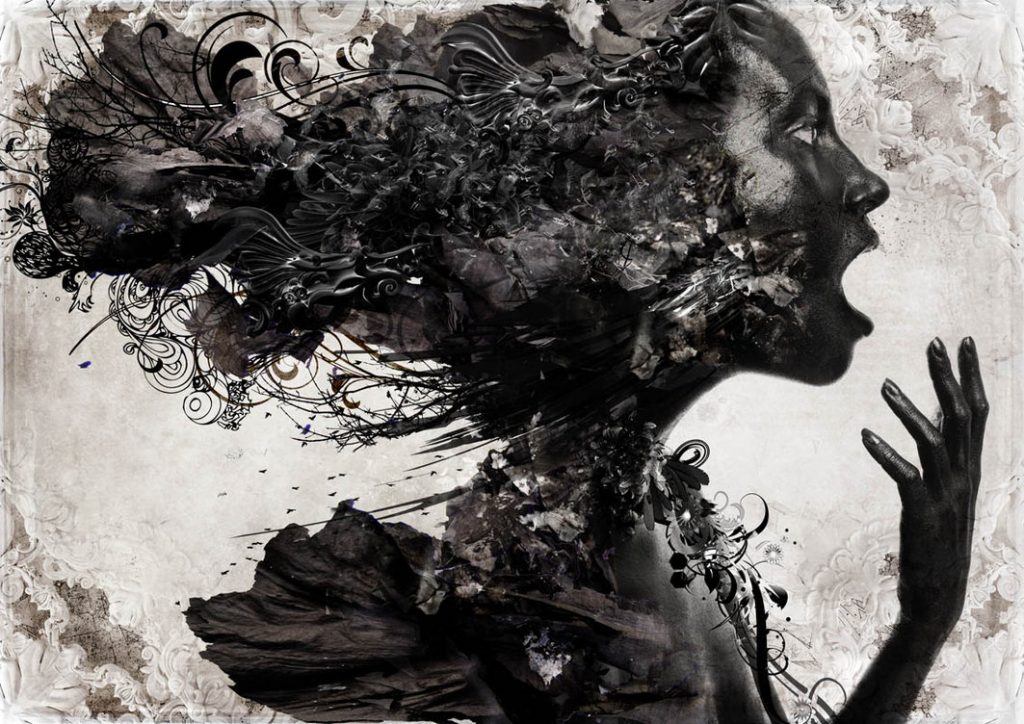Post by HLTD50 student Skylight
The voice of the ill person rests in the background of restitution and chaos narratives. However, the voice of the ill-person stands in the foreground of the quest narrative. I am most intrigued by what sociologist Arthur Frank calls “the quest narrative” because it is the only narrative style that truly gives voice to the ill-person’s transformation.
As I further engaged with Frank’s perspective throughout The Wounded Storyteller, I came across the phenomenon he calls the “boon.” Before diving into the infinite waters of all things boon, if you’re like me when I first encountered the word, you probably find it foreign. In its most literal sense, boon is defined as “a timely benefit or a blessing” as in this example: ‘the rain was a boon for parched crops.’ (keep note of this example because I will come back to it later). Arthur Frank however, offers a more complex meaning to boon that relates to illness. Understanding the complexity of this meaning required personal reflection on my part:
“I really can’t explain what I’m going through . . . and it’s hard to stay positive much less be happy right now, but I try.” –— My Facebook status update on February 14th, 2011
I can’t recall a period in my life when I was chronically ill. However, I can recount one my greatest experiences of trauma and suffering that has undoubtedly changed my life forever. I was fifteen years old when I heard the news that my older brother, 22 years old at the time, was murdered on his way home from the supermarket. Instantaneously, this dismantled the facade that bad things only happen to bad people; a central part of the childhood bubble that my parents tried to raise me in as well a central principle that defined my understanding of life. During this time, my emotions ranged from feeling too little to feeling too much. On any given day I would feel disconnected from everything around me in between moments of intense sadness or intense gratitude. This experience also affected my relationship with those who knew about my grief, friends interacted with me cautiously and my school teachers were patient and my parents provided extra comfort even while grappling with their own pain.
*
Years later, the way I navigate this world is influenced by this experience. I no longer suffer from the debilitating emotional pain that characterized my grief but–as Frank would say–I am still marked by it. This has been a journey, which might sound cliché, but it speaks to the reflexive monitoring which Frank describes in The Wounded Storyteller. On one hand, my grief was a dark experience, but on the other hand, I developed a deep understanding of why it is we should not take life for granted. This experience of loss has taught me a thing or two about the fragility of life.
Now how does this relate to the boon that Frank mentions in his book? Well, the boon stage is noted as part of the end of the quest narrative. This suggests not only that there is an end to one’s journey or ‘quest’, but also that this end is marked by some type of insight that can be passed on to others. Central to the principle of the boon is that it comes with suffering. This contrasts with the restitution narrative because it speaks to learning the integrity of suffering rather than fixating on a return to normalcy. I want to argue that the quest narrative is also distinctive because of its focus on the journey rather than the destination. For instance, my feelings about the loss of my brother will never go away or be ‘cured’. Instead they exist along a complex timeline characterized by a series of learning and unlearning throughout my lifetime. This type of temporal complexity is not to be confused with the disarray that characterizes the chaos narrative.
*
Another key point to mention is that the quest narrative does not shy away from cases where there is no ‘recovery.’ Similarly, the experience of losing my brother has given me insight into my personal relationship with love and fear. I will never be able to physically return to the moment when he was alive, but I have reached a stage of acceptance that affords me the ability to share my narrative with others. I think the same idea is reflected in Audre Lorde’s quest narrative. She refuses to wear a breast prosthesis after her mastectomy which is symbolic of her decision to claim her body, rather than cover it up. Although seemingly different. Lorde and I are similar in that our experience resulted in acceptance. Acceptance here can be seen as making the conscious decision to embrace the changes that come with suffering and deciding to claim it.
To state my last point, I prompt you to be a little creative and open-minded as I return to the literal definition of boon. The title of this piece can be seen as a metaphor that connects its literal meaning to its definition within the quest illness narrative. The ‘parched crops’ are symbolic of the act of suffering while the ‘rain’ represents the insights made throughout illness/grief as a journey. Just as crops will be enriched with new life after it rains, a boon describes the stage when suffering bears fruit to new insights worth sharing. And so I’ll end here with a message I hope will make sense to you if you are on your own journey characterized by suffering: The rain [will be] a boon for your parched crops.
